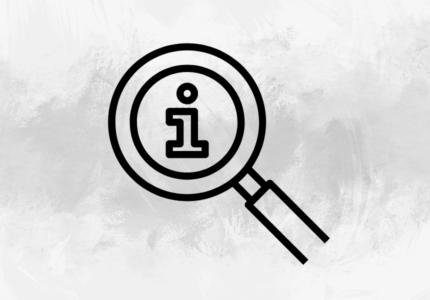
Accounting is a highly competitive field in the current job market. Only candidates who can successfully present themselves to employers through flawless resumes will be considered for hire. A resume is a custom marketing document that highlights the particular ways in which one candidate can meet the requirements of a company. A good accounting resume should be approximately one-to-two pages long and contains only pertinent information specifically targeted for the specific accounting firm, and is entirely error-free.
The Writing Process
The most skilled resume writers know that the most critical part of writing a resume starts before you put your resume in a word processing program. Before you begin your resume, make sure you have a thorough understanding of the requirements of the accounting sector and your prospective accounting companies and the ways you, as a potential candidate, can meet these requirements.
In the accounting field, employers look for a blend of soft and technical abilities that are complemented by solid knowledge and experience. Reading the relevant job descriptions for accounting for commonalities could provide candidates with the most current information in this field. Based on this information, candidates need to create a personal brand that reflects their career objectives and professional brand. This brand could be expressly incorporated as the purpose of the resume or included more subtly into the resume.
Making the most of your experience
Accounting companies are looking at the experience of a candidate and experience, so a resume should be written in a way that highlights relevant experiences in total. The chronological resume, which is the typical format for resumes, lists relevant experiences beginning with the latest experiences. Nowadays, resumes use the word “Experience” in place of “Employment,” and this section of your resume should include all relevant work experience, which includes interns who are paid, unpaid and part-time work, as well as full-time as well as temporary. Include basic information about your previous jobs, such as the names of the company, their location, the date of employment and the title of the job. Every position should include a bulleted listing of the key accomplishments and duties. Action verbs that are robust and important industry terms and the inclusion of relevant data combine to form a practical section. Candidates with no experience in accounting may highlight transferrable abilities gained from unrelated prior experience.
Additional Sections of Resume
In addition to the essential sections on experience, resume sections should contain complete contact details and education. These could include relevant professional education and relevant coursework, as well as the ability to concentrate on the technical aspects of the industry rather than general soft skills. In addition, candidates should include certificates (including those from the CPA) as well as honors and honors, professional affiliations, and involvement in the community.
Techniques for Making Your Resume Shine
The typical accounting manager takes about 15 seconds to scan the resume prior to making a first decision on the applicant. Short lists with bullet points and the sparse use of bold and italicized word formatting will help to keep the attention of the reader. Highlight your financial software, project work as well as professional involvement, which are similar to the employer you are targeting. Recently some applicants have added professional websites, short interviews with industry professionals on the candidate’s accomplishments, as well as graphic depictions of the essential skills and knowledge and evaluate the efficacy of these strategies because some accounting firms are conventional in their approach.





